4 Surprising Facts About Asphalt Paving
Asphalt is one of the most common materials for paving driveways and roads. It's made from a mixture of aggregate and bitumen to create a durable, smooth surface. Despite its typical use, there are a few facts about asphalt paving you may not know of. If you require new pavement on your driveway, asphalt is a great option. It is durable, environmentally friendly, and easy to maintain. Alongside these benefits, here are four surprising facts about asphalt paving you should keep in mind.
1. Asphalt Is Heavily Recycled
According to the Federal Highway Administration, approximately 80% of asphalt materials get reused in some type of highway application. As such, asphalt is one of the most heavily recycled materials nationwide. The recycling process conserves resources and reduces the environmental impact of asphalt pavement production.
Asphalt pavement comprises various materials including additives, bitumen (a sticky black substance that binds other materials), sand, and aggregate (crushed rock). The recycling process begins with milling, which entails grinding the existing pavement to a uniform size. The milled material then gets transported to a recycling facility, where it's combined with new aggregate, bitumen, and sand to create new asphalt pavement.
Using recycled asphalt pavement (RAP) is effective in reducing the environmental impact of asphalt pavement production. RAP is used as a partial replacement for bitumen, sand, and aggregate to produce new asphalt pavement. Incorporating the use of RAP saves energy, lowers emissions from asphalt plants, and reduces the need for new material production. Recycling asphalt pavement is integral to the sustainable management of the United States' highway system.
2. Porous Asphalt Can Make Drainage Easier
You may not think asphalt paving would be related to drainage, but as it turns out, porous asphalt makes it easier for water to drain away. This is because pores in the asphalt allow water to seep through rather than to gather on the surface. It's an ideal method of preventing flooding in areas prone to heavy rains. When water seeps through, the pavement is easily drained away through porous asphalt, which keeps the pavements dry and free from puddles. As a result, the surface is safe for pedestrians and drivers alike. Porous asphalt also helps to reduce the amount of runoff from storms, which protects the environment and reduces flooding.
3. Asphalt Pavement Has Minimal Environmental Impact
Asphalt is a sustainable material made from natural resources, making it an environmentally-friendly choice for paving. Asphalt is also recyclable, so when it reaches its life cycle's end, it is recycled and used again. This reduces the need for new materials and helps to conserve the environment.
4. Asphalt Is Present in Some Lakes
There are a few lakes in the world that contain asphalt. The largest of these is Lake Asphaltite, located in Trinidad and Tobago. It's also known as the Pitch Lake and is the only natural asphalt lake in the world. The lake is filled with a thick, sticky, black substance made up of water, crude oil, and other minerals. While the asphalt in the lake is not the same as the asphalt used in paving projects, it's still an interesting fact about this material. Asphalt is a versatile material with many uses and is incorporated in various ways.
The paving industry is one of the most vital industries globally. It is part of the construction industry and is applied in many places, including sidewalks, airports, parking lots, driveways, and roads. It may come as a surprise for many people that asphalt paving is not just a single type of paving. Overall, it's an ideal solution for many different applications. If you're thinking about paving a driveway, parking lot, or another hard surface, give Alto Construction a call today!
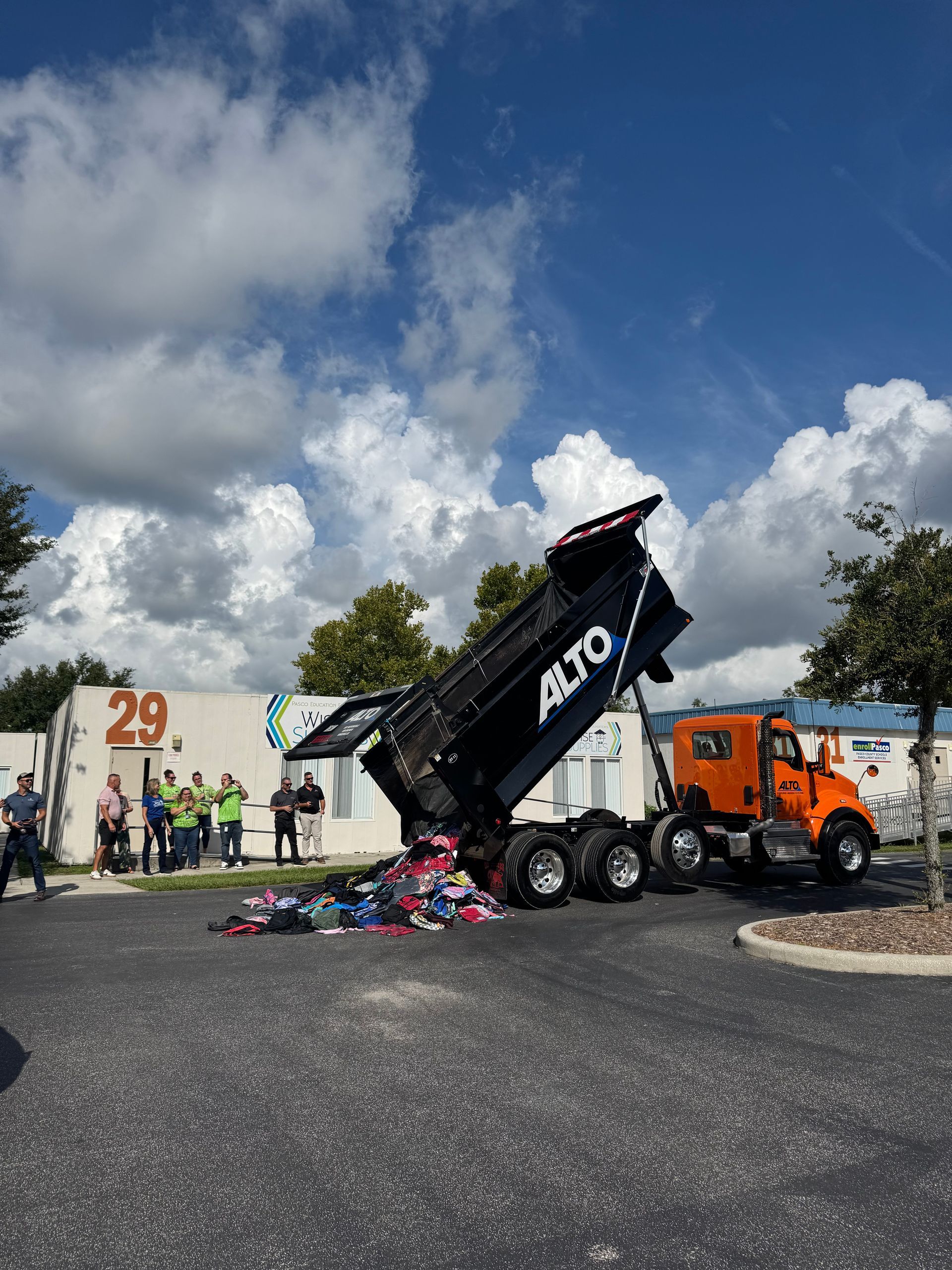

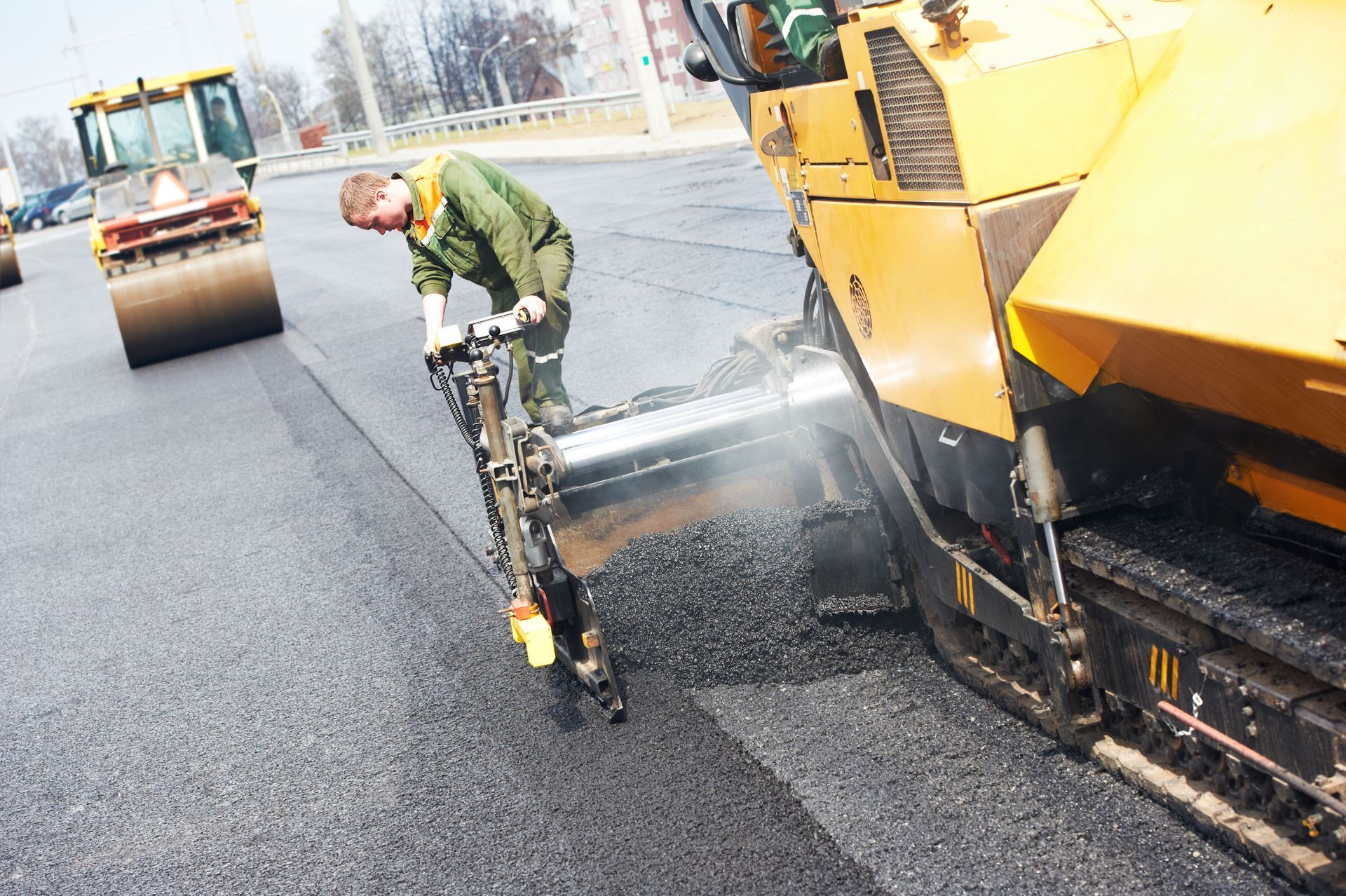


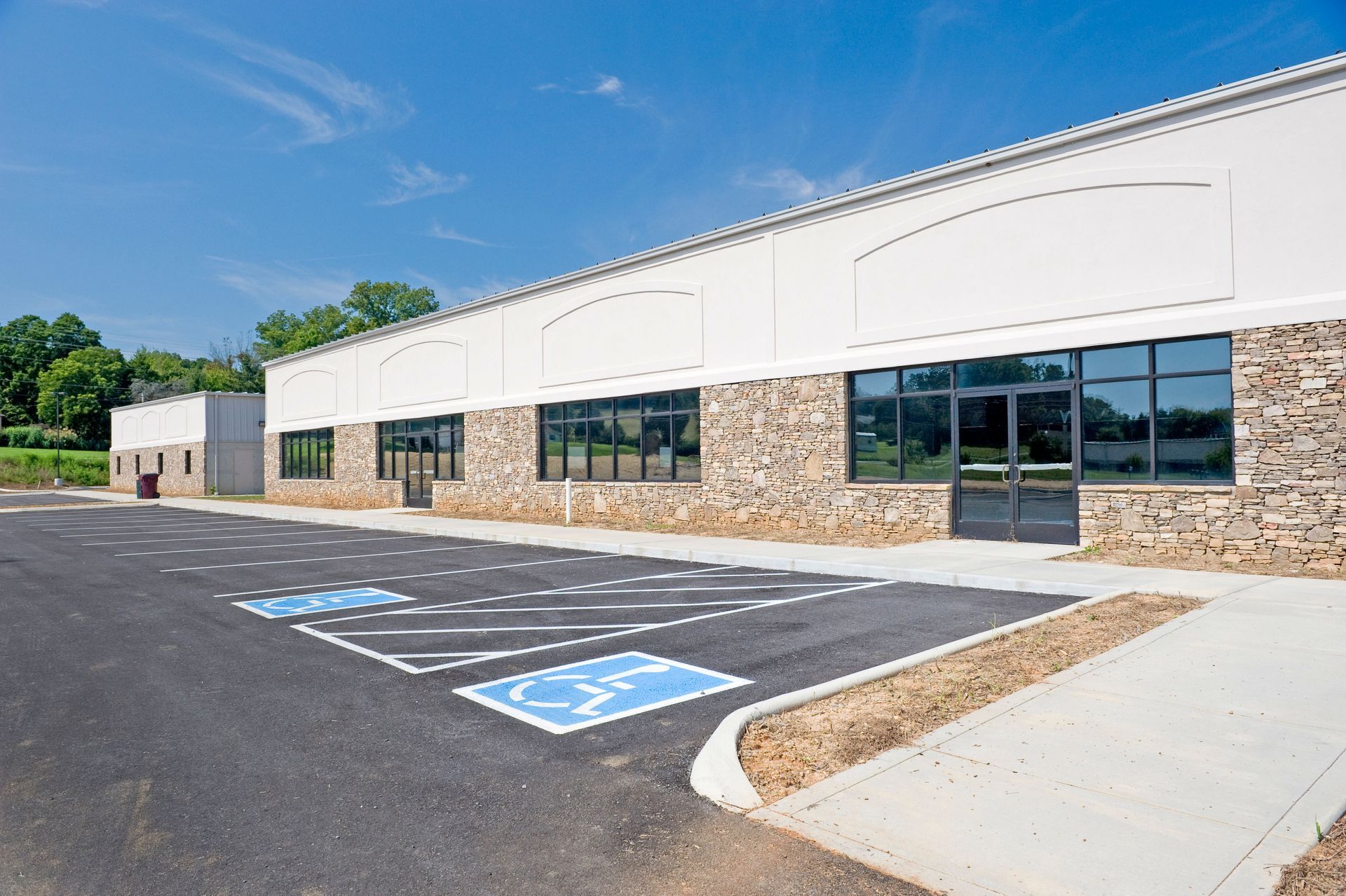
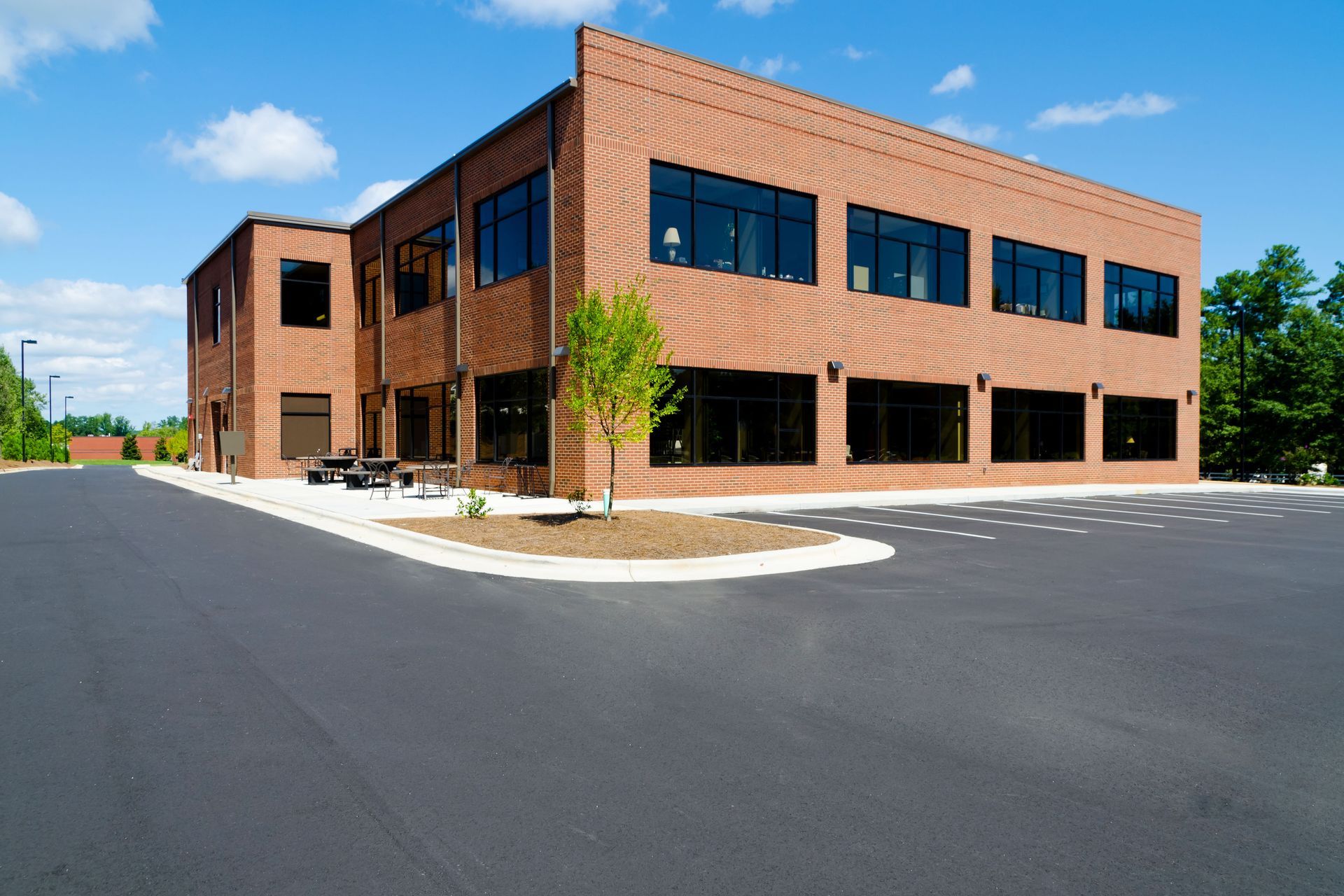



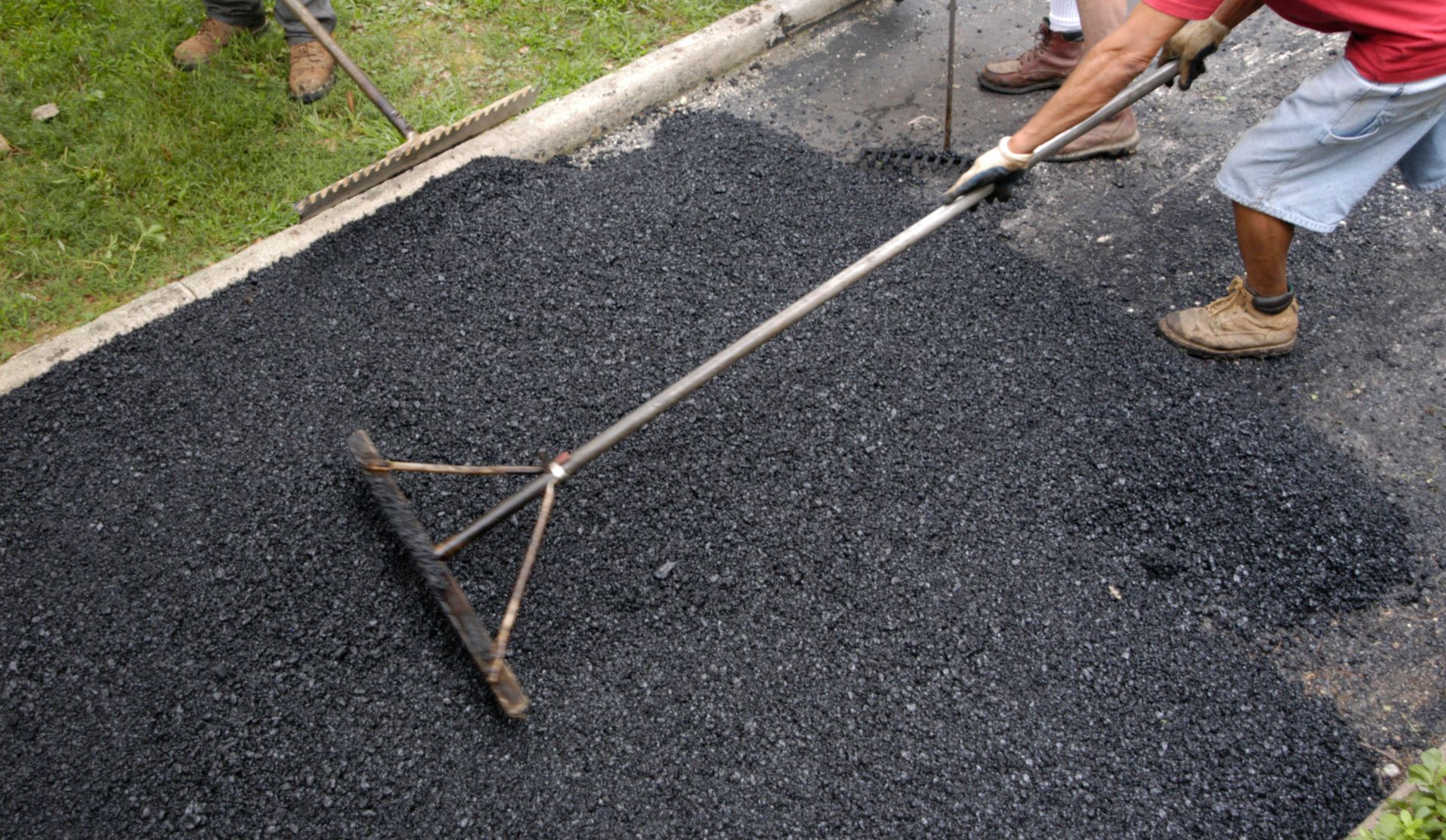
Share On: